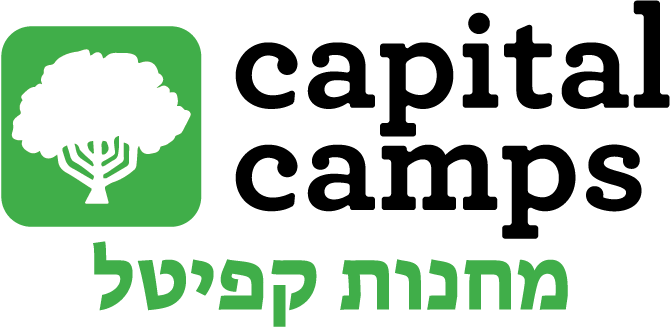Last night, from the side of the chadar ochel (dining hall), I stopped to watch as our Kaufmann 9th graders brought to life the incredible banquet they had planned. In that moment, I turned to Ezra Suldan, our Family and Community Engagement Manager, and noted: “It’s disorienting that almost all of our closing moments are behind us now — CIT Siyyum, camp show, banquet — but we still have two full days of camp left.”
Ezra replied: “Yeah, but it’s so special that we get to end the summer with a totally normal Shabbat.”
That perspective really resonated with me. Because it’s true that unlike in many places where final moments are all about packing and logistics, we end here with a full, rich, ordinary Shabbat. It’s not a finale of fireworks. It’s a pause, a familiar rhythm, and a moment of being fully present as one community.
And it’s exactly that quiet, almost understated beauty that this week’s parsha, Va’etchanan, lifts up. Va’etchanan contains two of the Torah’s most iconic passages: the repetition of the Ten Commandments and the Shema. But there’s something profound about where they fall: not at the climax of a journey, but in the in-between.
Moses, standing on the edge of the land he will never enter, speaks to the people at a liminal time. And in that transitional space, we receive a commandment that shapes Jewish life across generations: Zachor et Yom HaShabbat lekadsho; Remember the day of Shabbat to make it holy.
The word zachor, remember, carries a deeper meaning. To zachor is not just to recall, but to hold something with intention. In many commentaries, remembering is tied closely to the feeling of gratitude. To remember Shabbat is to pause and acknowledge the goodness already present. This final Shabbat of the summer, positioned between all the “lasts” and our journey home, offers us exactly that: a meaningful pause to notice and to give thanks.
On a personal note, I want to offer my deepest gratitude to this community. To our campers and their families, our staff, lay leaders, and community partners: thank you for your support, your trust, and your partnership. It’s been a joy to spend this summer with you, and I’m so grateful for all the moments, big and small, that we’ve shared together.
Shabbat Shalom,
Josh
